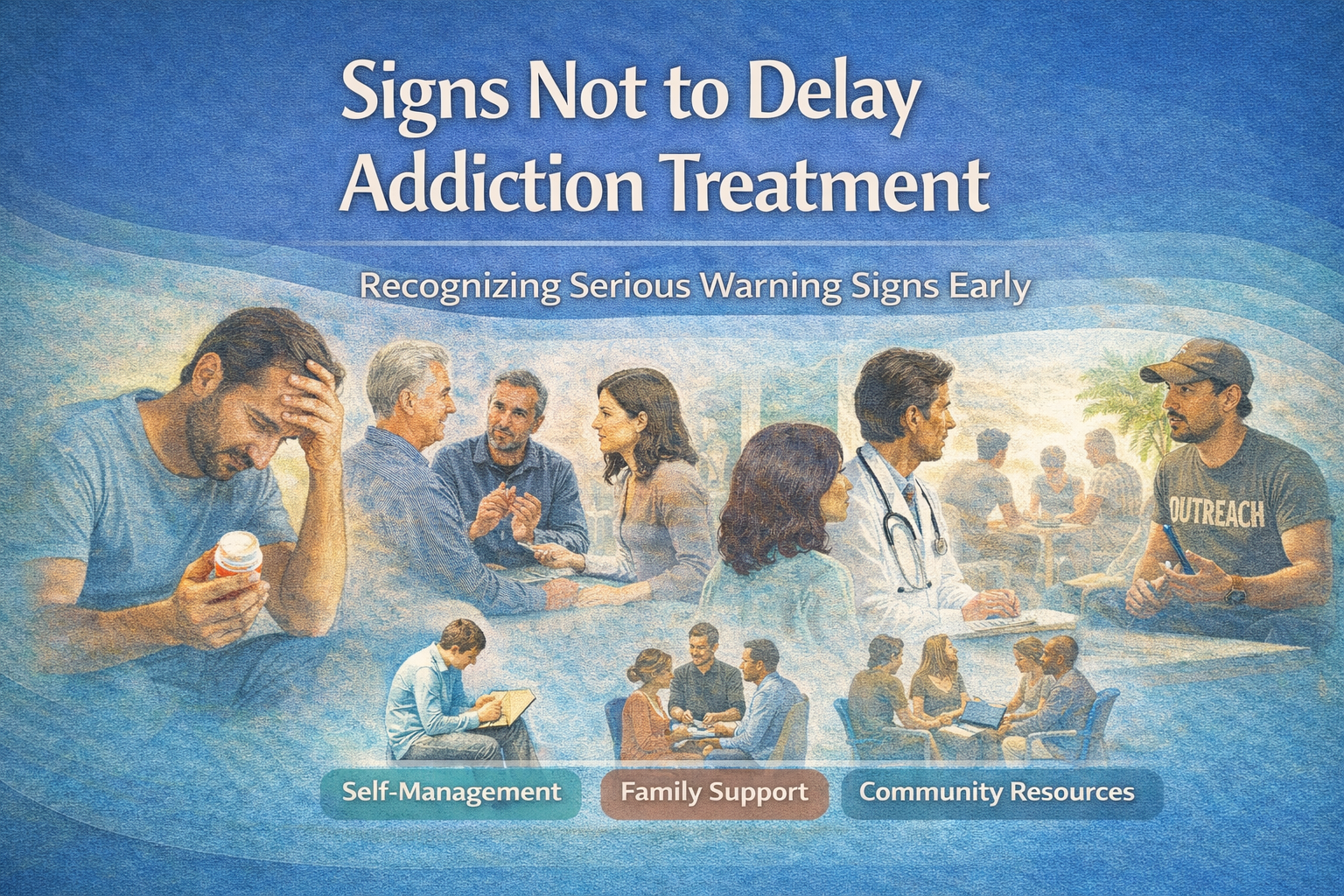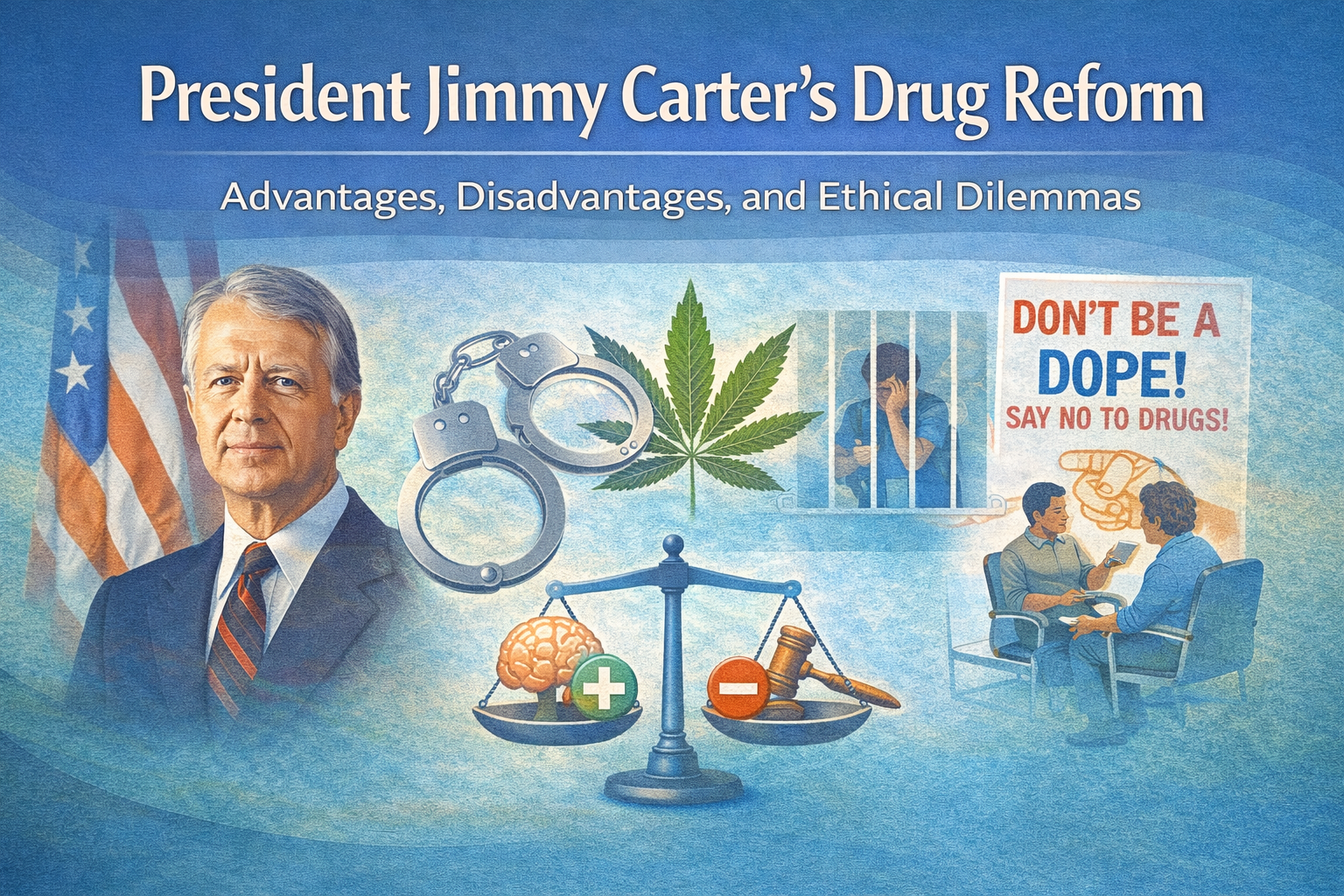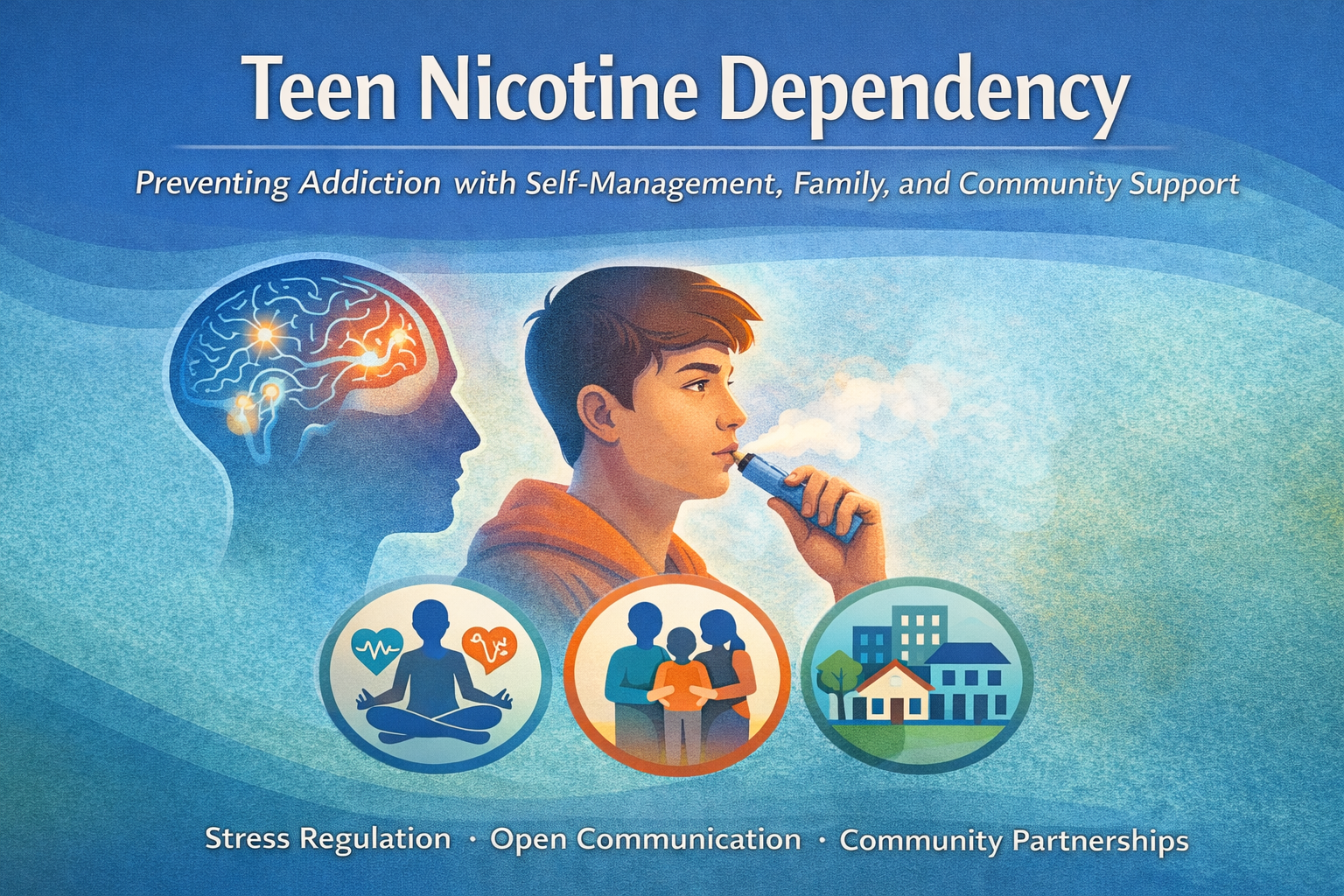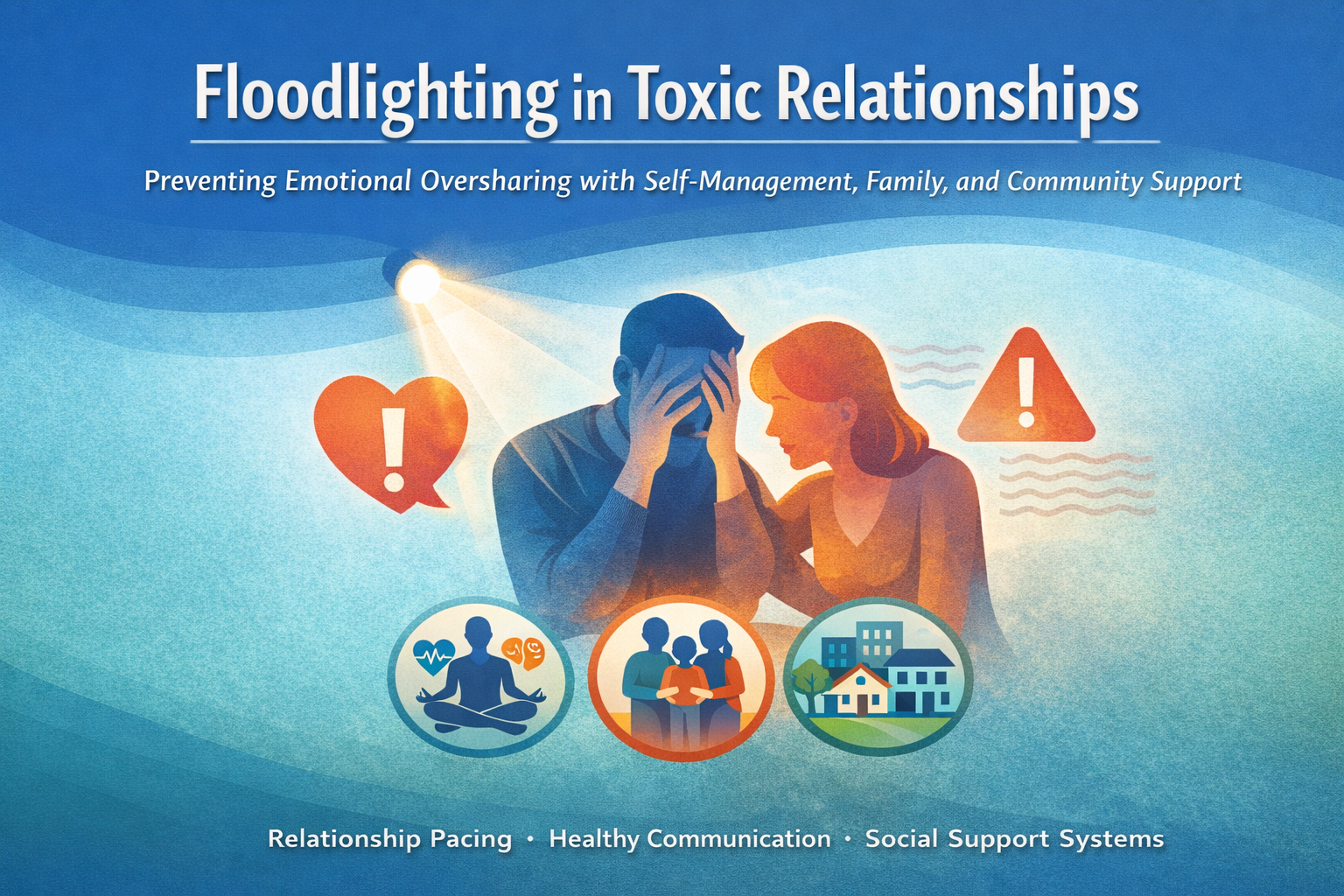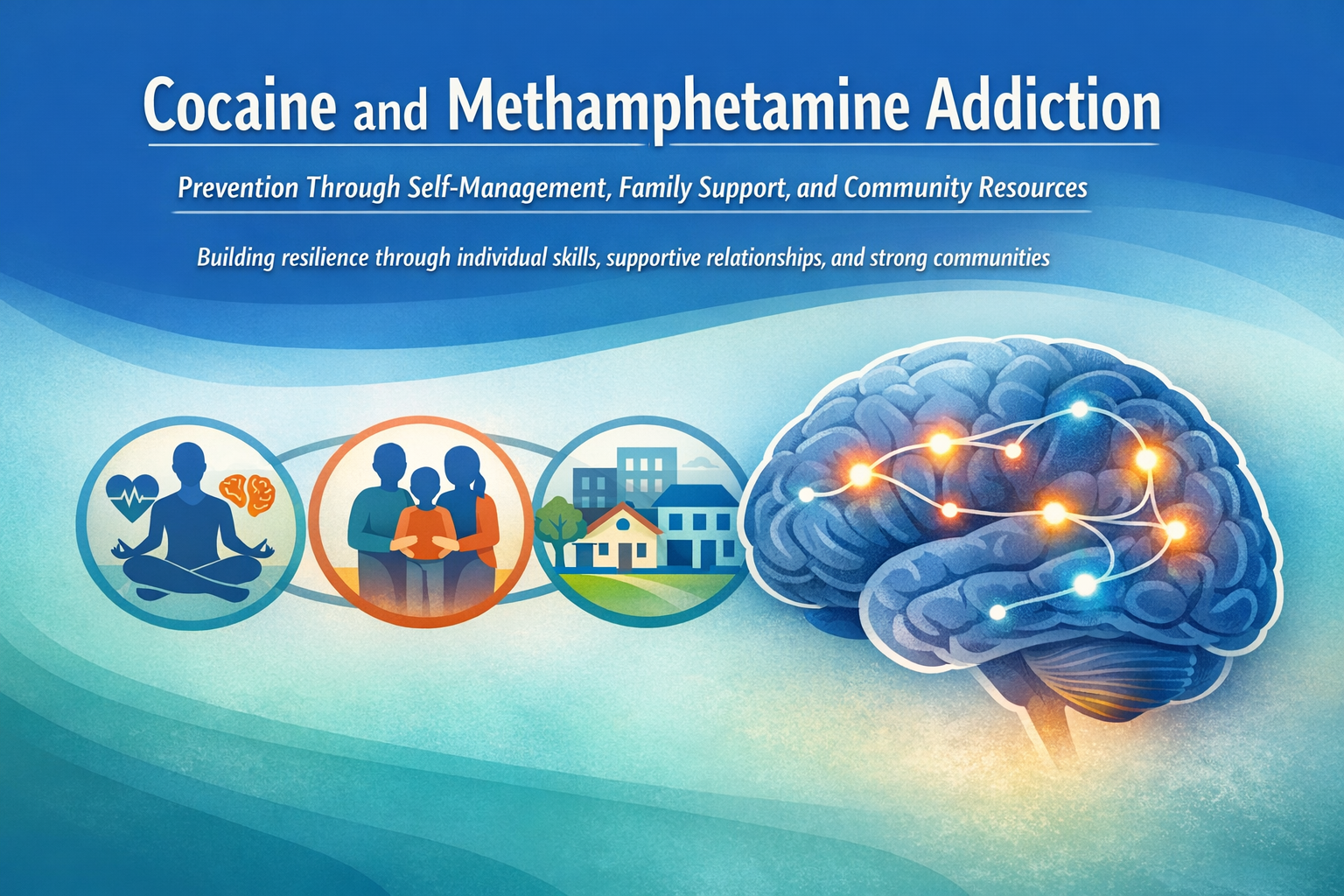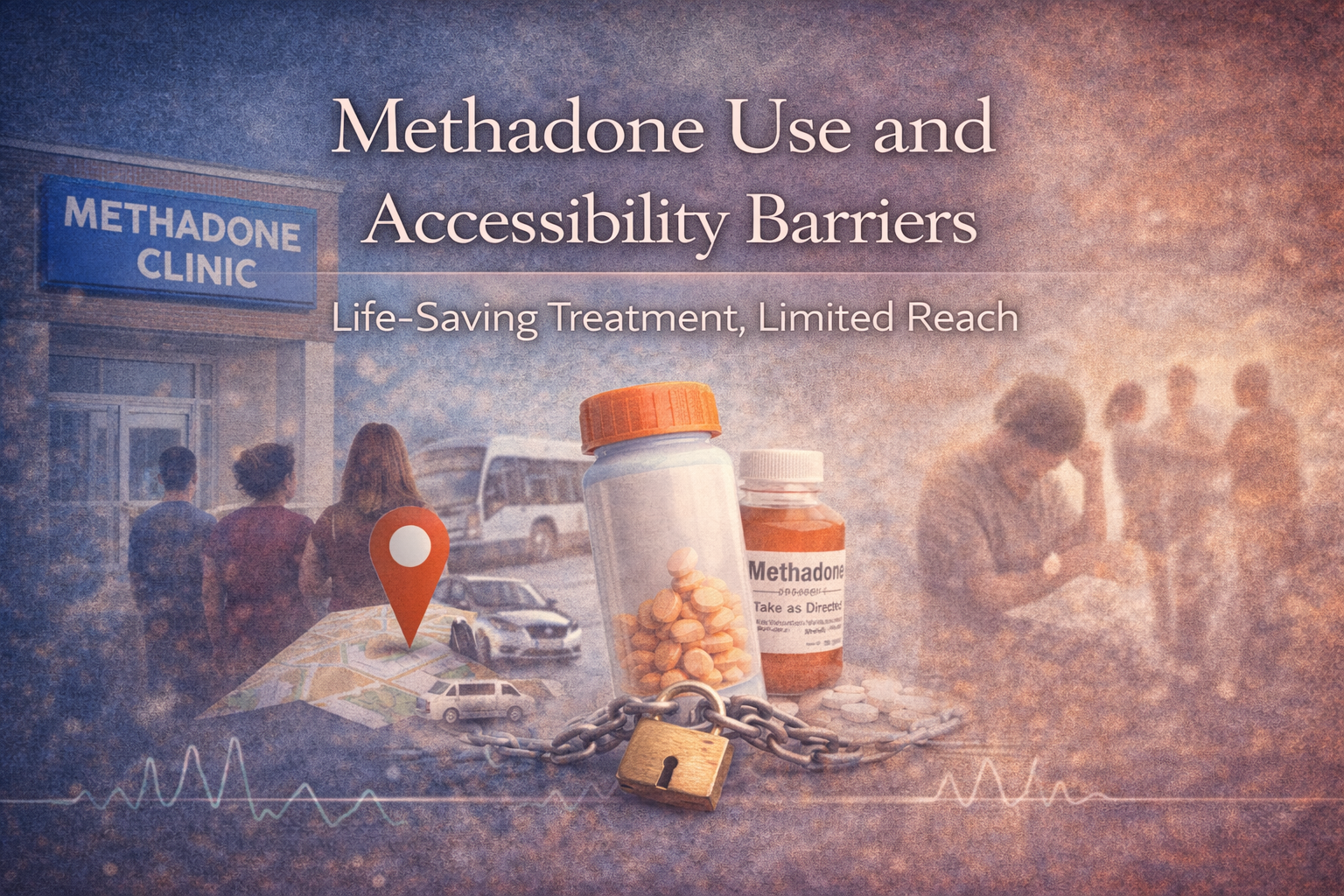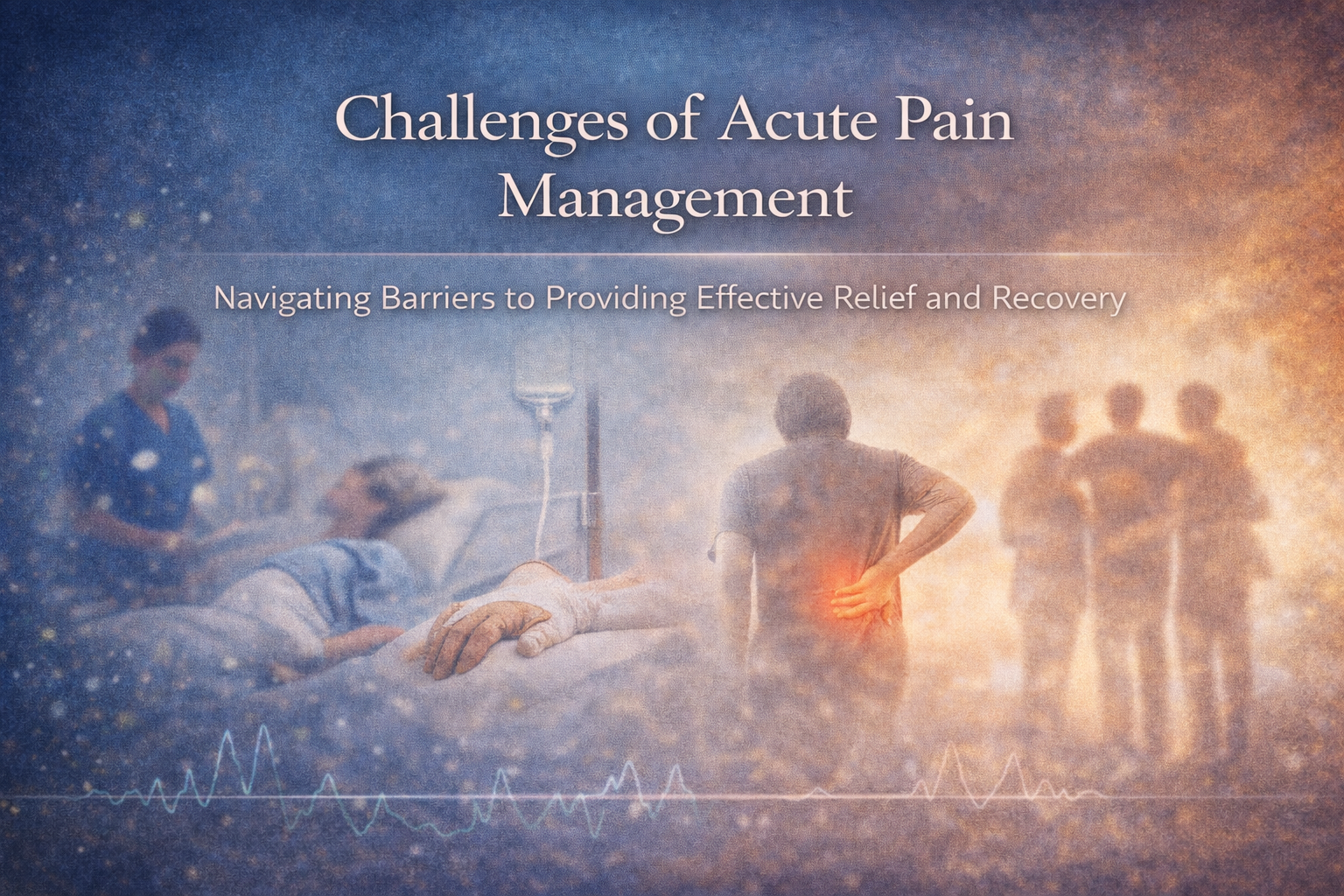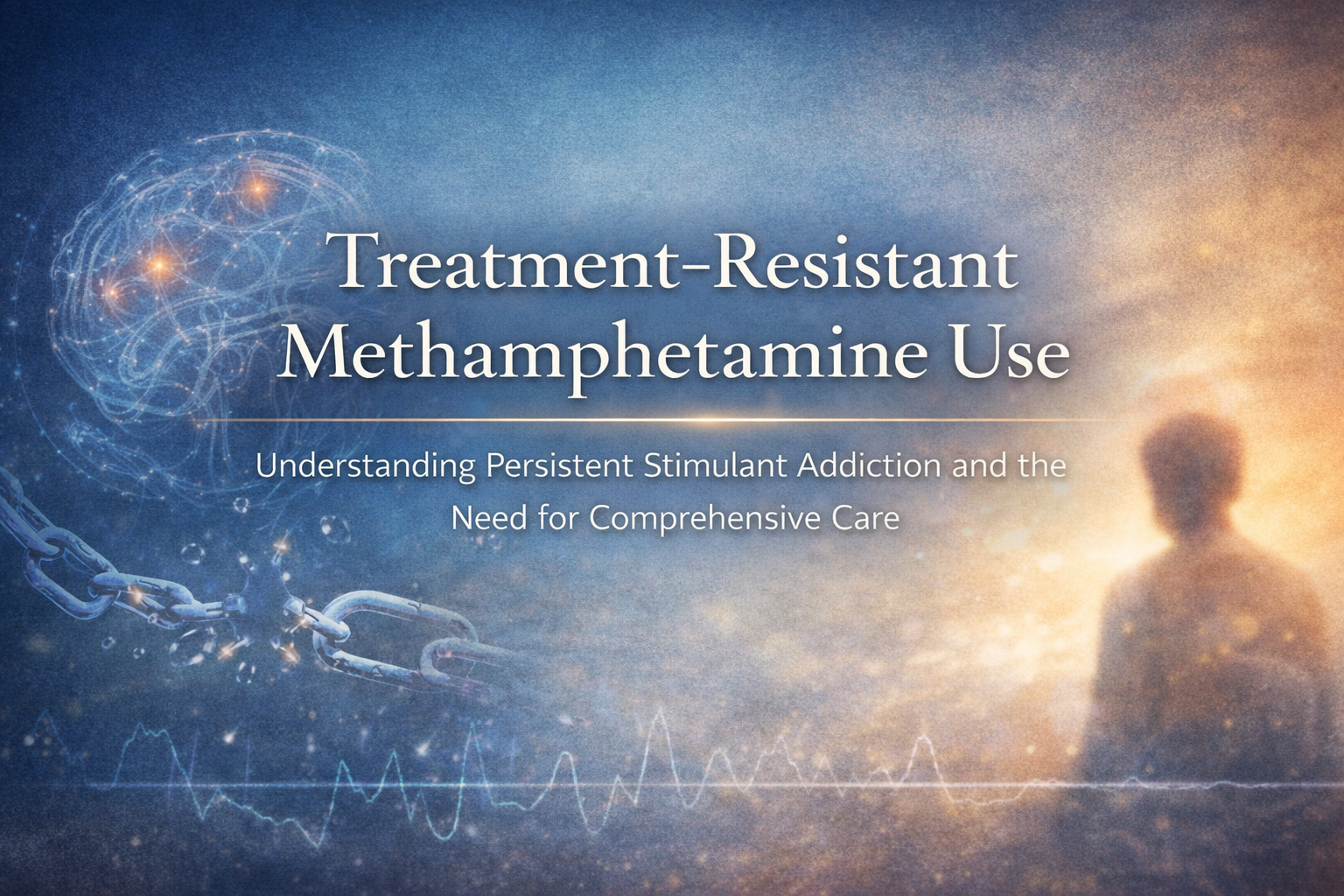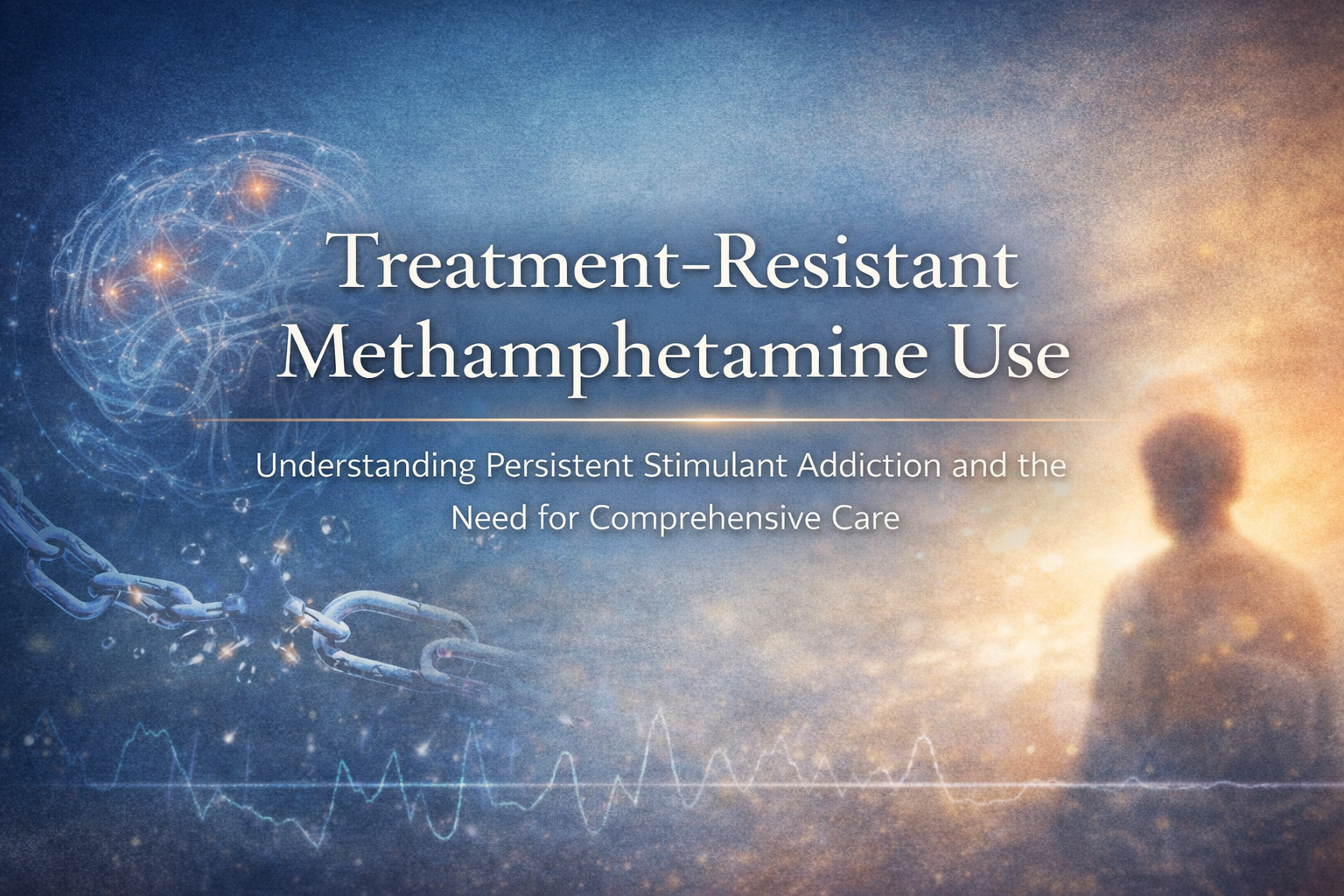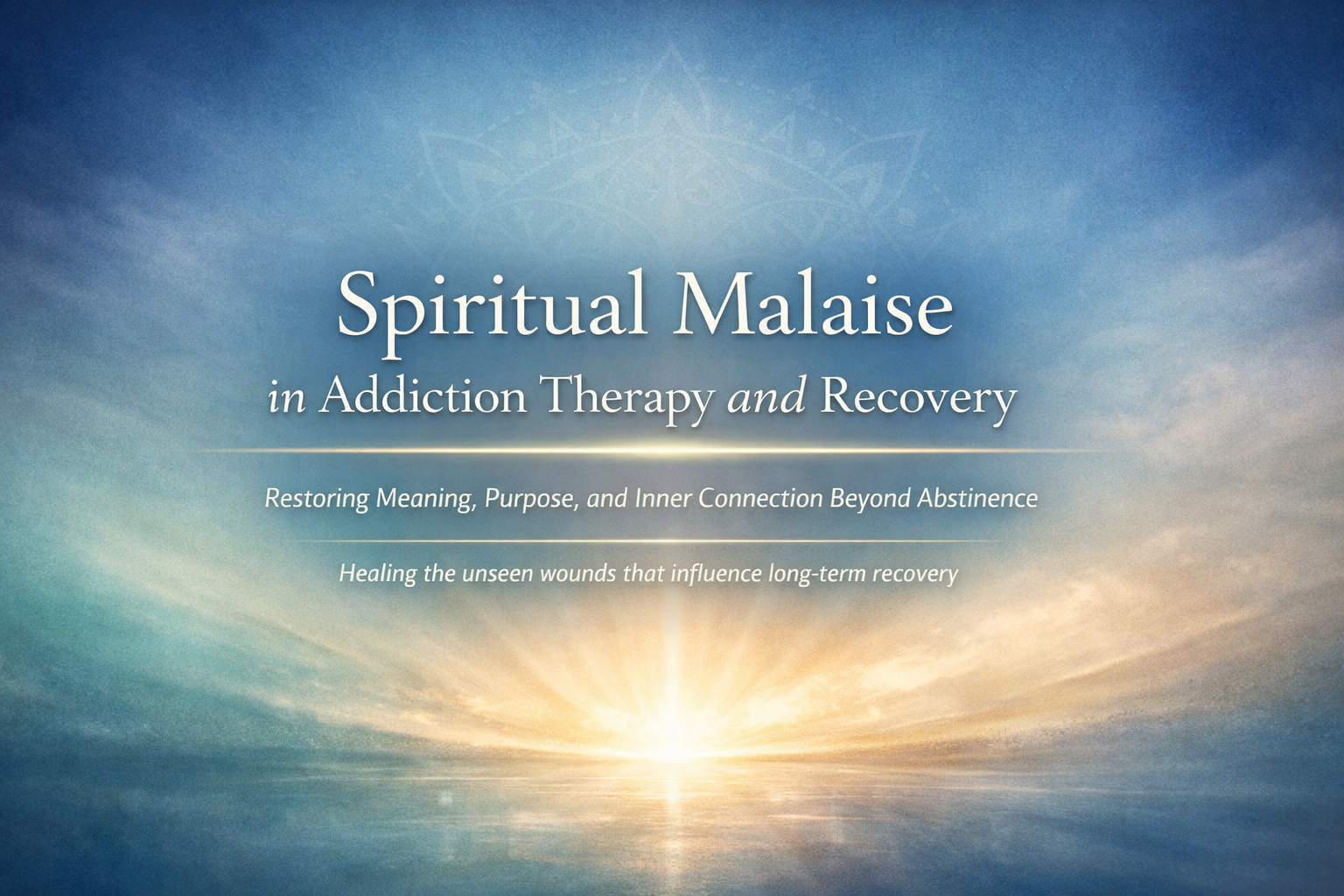Don’t Delay Addiction Treatment
Addiction is a progressive brain-based condition that rarely improves without intervention. As use continues, insight becomes impaired, making it easier to minimize tolerance, withdrawal, and loss of control. Delaying treatment increases the risk of overdose, mental health decline, and social consequences. Recognizing when not to wait requires layered awareness. Self-monitoring helps identify escalating use and … Read more
